Navigating the procedures and services of a foreign embassy can sometimes feel complex. Whether you’re planning an essential trip to Vietnam, need visa information, or are a Vietnamese citizen abroad requiring assistance, understanding the role and functions of the Vietnam Embassy is crucial. EssentialVietnamTravel.com is here to provide a clear, practical guide to help you interact effectively with Vietnam’s official diplomatic missions.
This guide focuses on providing essential information. We cover locating the correct office, understanding core services like visa applications and consular assistance, and clarifying the practical steps involved. Remember, while we strive for accuracy, official procedures and requirements can change. Always consult the official website of the specific Vietnam Embassy or Consulate General you need to interact with for the most current and definitive information.
Finding Your Nearest Vietnam Embassy or Vietnamese Consulate: Locations (United States, United Kingdom, etc.) & Contact Information
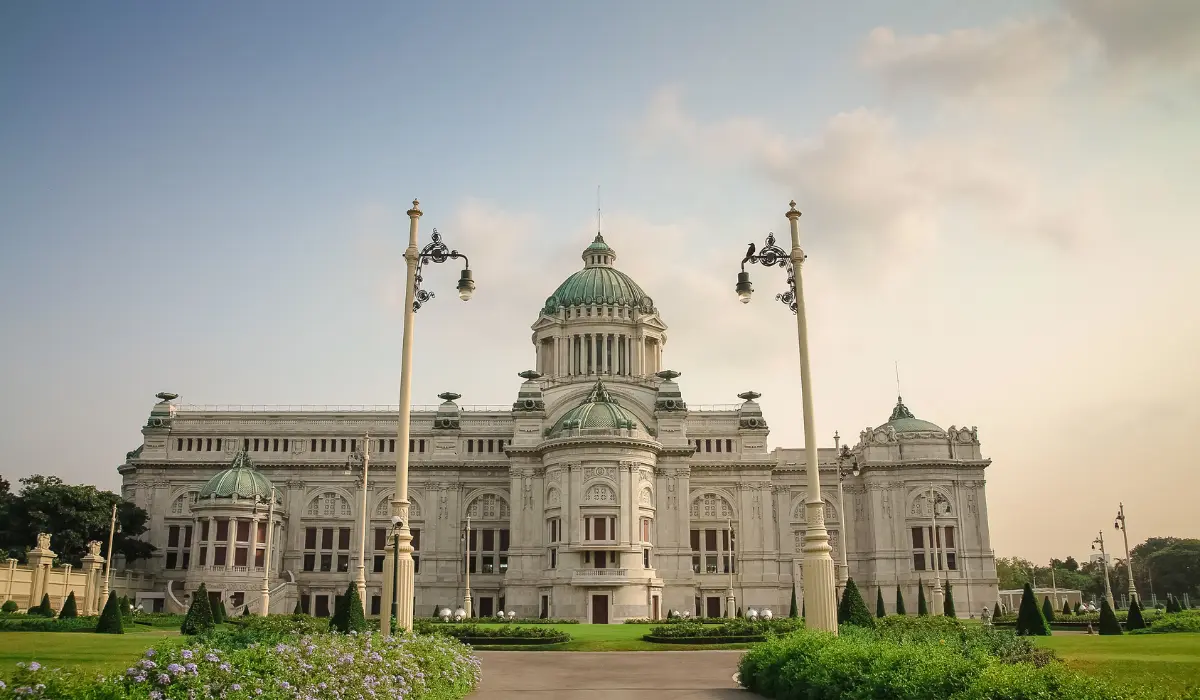
The first crucial step is identifying the correct official representation of Vietnam for your needs and location. Vietnam, like most countries, maintains a network of diplomatic missions abroad. Understanding the difference between an embassy and a consulate is key.
The Vietnam Embassy is typically the main diplomatic mission, headed by the Ambassador, and is almost always located in the host country’s capital city, like Washington DC in the United States, London UK, or Tokyo, Japan. It serves as the primary government building for foreign representation and handles the full spectrum of diplomatic relations and foreign affairs.
However, for many day-to-day services, especially consular services like visa processing and citizen support, you might interact with a Vietnamese Consulate or Vietnamese Consulate General. These offices are usually located in major cities other than the capital and serve specific geographic regions known as Consular Districts.
For example, while the embassy is in Washington DC, Vietnam might have consulates in cities like San Francisco or Houston to serve residents in those areas. Using a vietnamese consulate general can be more convenient if you live closer to one than the embassy.
How to Locate the Correct Office
- Official Source: The most reliable way to find the correct embassy or consulate is through the official website of the Ministry of Foreign Affairs Vietnam or by searching the website of the Ministry of Foreign Affairs in your host country (e.g., United States Department of State) for a list of foreign embassies.
- Direct Search: Use precise search terms like “vietnam embassy [your country]” or “vietnamese consulate [your city]”. Be cautious and ensure you land on the official governmental website, often ending in
.gov.vnor a country-specific domain managed by the embassy. Avoid third-party sites like a tourist attraction or local business for primary information. - Verify Jurisdiction: If you find a consulate, check its website to confirm which states or regions fall under its Consular District. Contacting the wrong office can lead to delays.
Key Contact Information to Obtain
Once you identify the correct office (embassy or consulate), find the following contact information on their official website:
- Full Address: Including the specific Street Name. This is crucial for visits or sending mail.
- Phone Number: The main contact number for inquiries. Note any specific numbers for the Consular Section or visa inquiries. Check the vietnam embassy London contact number or the vietnam embassy Washington DC number on their respective sites.
- Email Address: Often provided for specific departments (consular, visa).
- Website (Official URL): Bookmark this for future reference.
- Operating Hours: Crucial for planning visits or calls. Note that embassies are usually closed on both Vietnamese and host country public holidays. Check vietnam embassy near me opening hours directly on the specific embassy’s site.
- Appointment Requirements: Most consular services require appointments. Do not assume walk-ins are accepted. Check the appointment booking process.
Finding the correct location and contact details is the foundation for any interaction. Take the time to verify these details directly from the official sources. Remember that information on non-official websites may be outdated. Getting the address right is important.
Essential Visa Services: Understanding Visa Requirements and Application Steps
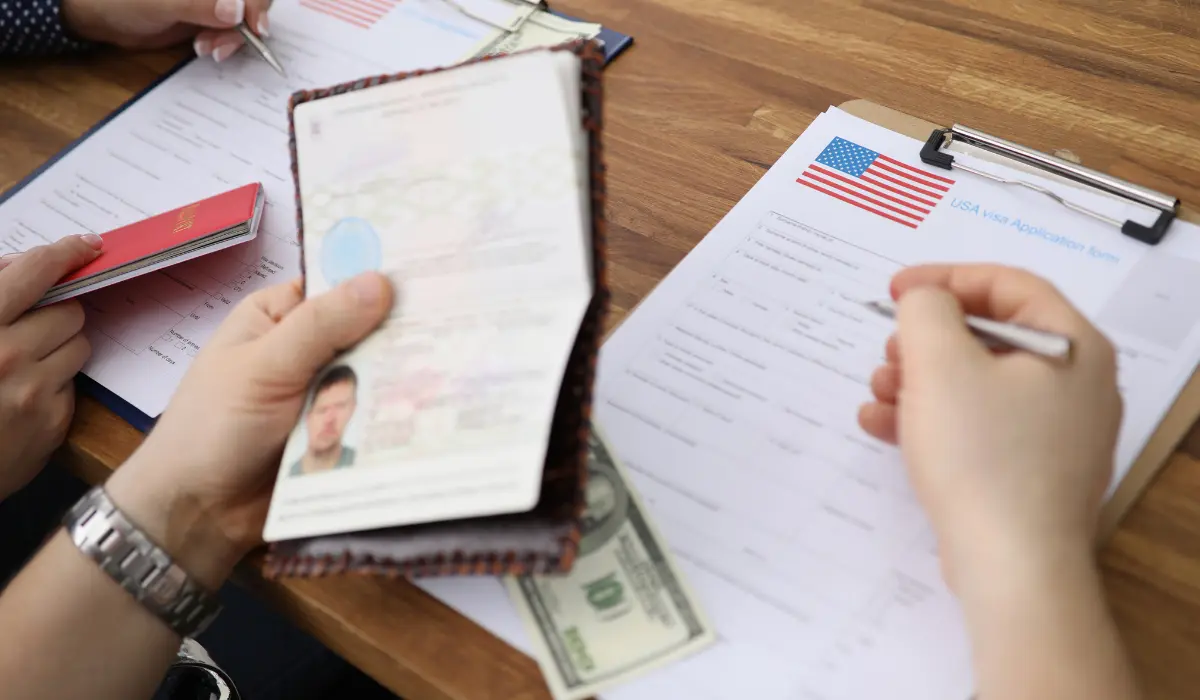
One of the primary reasons individuals interact with a Vietnam Embassy or Vietnamese Consulate is for visa services. While Vietnam offers various visa options, including the popular e-visa for short-term tourism (available through a separate official government portal), embassies and consulates are typically involved in processing other types of visas, such as longer-term stays, work visas, dependent visas, or specific categories not covered by the e-visa system. Understanding the visa requirements and application process is essential before you apply for visa.
General Steps for Embassy/Consulate Visa Application
- Step 1: Determine Your Visa Type: Identify the specific category of visa you need based on your purpose of travel (e.g., tourism, business, work, study, visiting family). Each type has different requirements and processes. Check the embassy/consulate website for descriptions. Note any visa exemption policies that might apply to your nationality for short stays.
- Step 2: Verify Specific Requirements: This is the most critical step. Visa requirements can vary significantly based on the visa type, your nationality, and the specific embassy/consulate processing the application. Always consult the official website of the embassy/consulate in your country for the most accurate list. Common requirements often include:
- Valid Passport: Usually needs at least 6 months validity beyond your intended stay and blank pages for the visa stamp.
- Completed Visa Form: Download the official document directly from the embassy website. Fill it out accurately and completely.
- Passport Photos: Specific size and background requirements usually apply.
- Supporting Documents: This varies greatly but might include flight itineraries, hotel bookings, invitation letters (for business/family), proof of funds, employment contracts (for work visas), etc.
- Visa Cost: Be prepared to pay the required fee.
- Step 3: Gather All Required Documents: Collect originals and copies as specified by the embassy/consulate. Ensure all travel documentation is in order.
- Step 4: Schedule an Appointment (If Necessary): Many embassies/consulates require appointments for visa submissions. Follow the appointment booking procedure outlined on their website. Plan ahead, as appointment slots can fill up quickly. This is often needed for processes like the vietnam embassy Tokyo appointment booking.
- Step 5: Submit Your Application: Follow the embassy’s instructions for submission. This might be in person at the Consular Section or a designated Visa Application Center, or potentially by mail (check eligibility carefully). Pay the visa cost using the accepted methods.
- Step 6: Wait for Processing: Processing times vary widely. The embassy website may provide estimated timelines. Some offer tracking services. Avoid making non-refundable travel plans until your visa is approved and issued (often as a passport stamp or a separate visa document).
Need Flights for Your Trip?
Easily compare flight deals and find the best options for your journey to Vietnam.
(Compare prices via WayAway)
Important Visa Considerations
- Accuracy: Ensure all information on your visa application is accurate and matches your supporting documents. Errors can lead to delays or rejection.
- Official Sources: Never rely solely on third-party websites or agents for requirement information. Go directly to the official URL of the Vietnam Embassy or Vietnamese Consulate serving your area. Information from a non-governmental organization or domestic agency is not official.
- Fees: The cost of vietnam visa at embassy varies. Confirm the exact fee and payment method beforehand.
Understanding immigration law and following the correct procedures for visa application is vital for a successful entry into Vietnam. Prepare thoroughly and always refer to official sources when seeking information on visa services.
Consular Assistance Available for Vietnamese Citizens Overseas
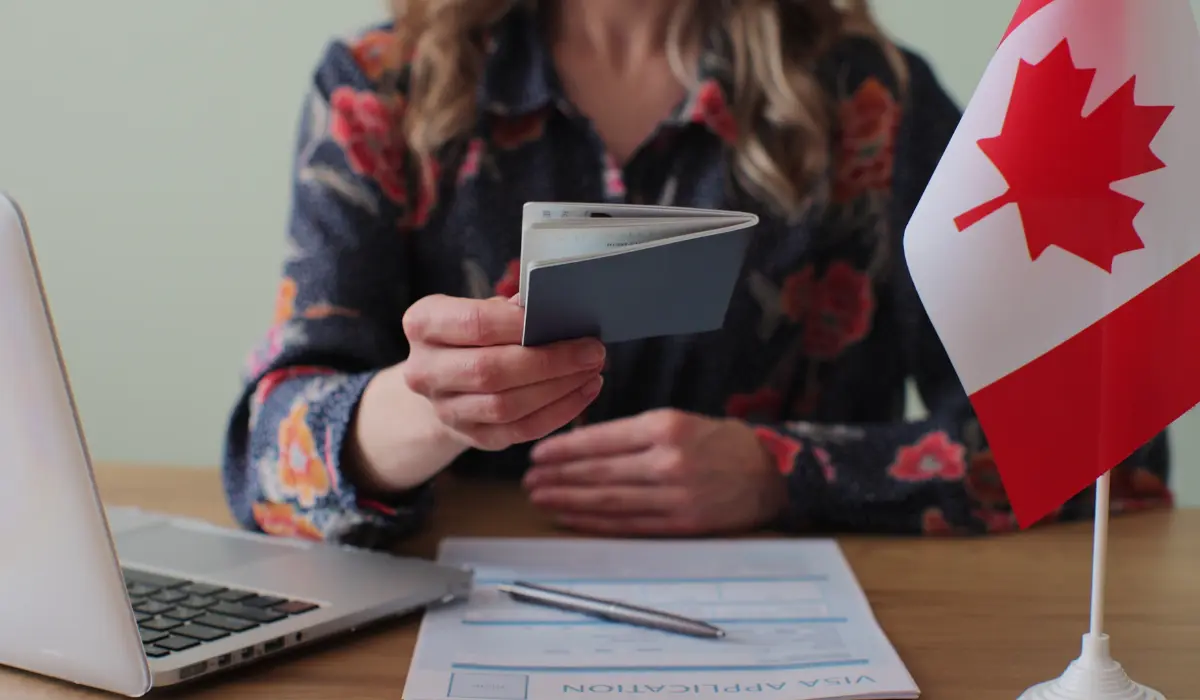
Beyond visa issuance for foreigners, a core function of the Vietnam Embassy and Vietnamese Consulate General network is providing consular assistance and citizen support to Vietnamese nationals residing or traveling abroad. This is a critical service ensuring the welfare and rights of citizens are protected while they are outside Vietnam. The embassy acts as the primary link between overseas citizens and the Socialist Republic of Vietnam. Those needing help should seek consular help from the appropriate office.
Key Consular Services for Vietnamese Citizens
- Passport Services: Handling applications for new passports, passport renewal, or replacement of lost/stolen passports. This requires specific forms and proof of citizenship.
- Notarization and Legalization: Providing official notarization services for documents required in Vietnam or the host country (e.g., authenticating signatures, certifying copies of documents).
- Civil Registration: Registering vital events such as births, deaths, and marriages occurring abroad for Vietnamese citizens, ensuring these events are officially recorded by the Vietnamese government.
- Protection and Assistance: Offering help in emergencies, such as:
- Loss of personal documents.
- Accidents or serious illness.
- Arrest or detention (providing consular access, advising on legal rights, contacting family – they cannot provide legal defense).
- Situations of distress or crisis.
- Acting as an emergency evacuation point in coordination with Hanoi during major crises in the host country.
- Other Services: May include assistance with voting in Vietnamese elections (polling station abroad function), matters related to military service, or providing information on Vietnamese laws and regulations.
How to Seek Consular Assistance
- Identify the Correct Office: Determine the Vietnam Embassy or Vietnamese Consulate General responsible for the Consular District where you are located.
- Check the Website: The official URL is the first place to look for specific procedures, required forms (document), fees, and contact information for consular services.
- Contact Directly: Use the provided phone number or email address for the Consular Section. For emergencies outside opening hours, embassies often provide an emergency hotline number.
- Appointments: Many routine consular services, like passport renewal or notarization, require appointments. Follow the appointment booking process.
The embassy represents government and provides services to its citizens abroad, acting within the framework of international law and bilateral agreements with the host country. If you are a Vietnamese citizen overseas needing help, the embassy or consulate is your primary point of contact for official support.
The Role of the Ambassador in Vietnam’s Diplomatic Relations Abroad
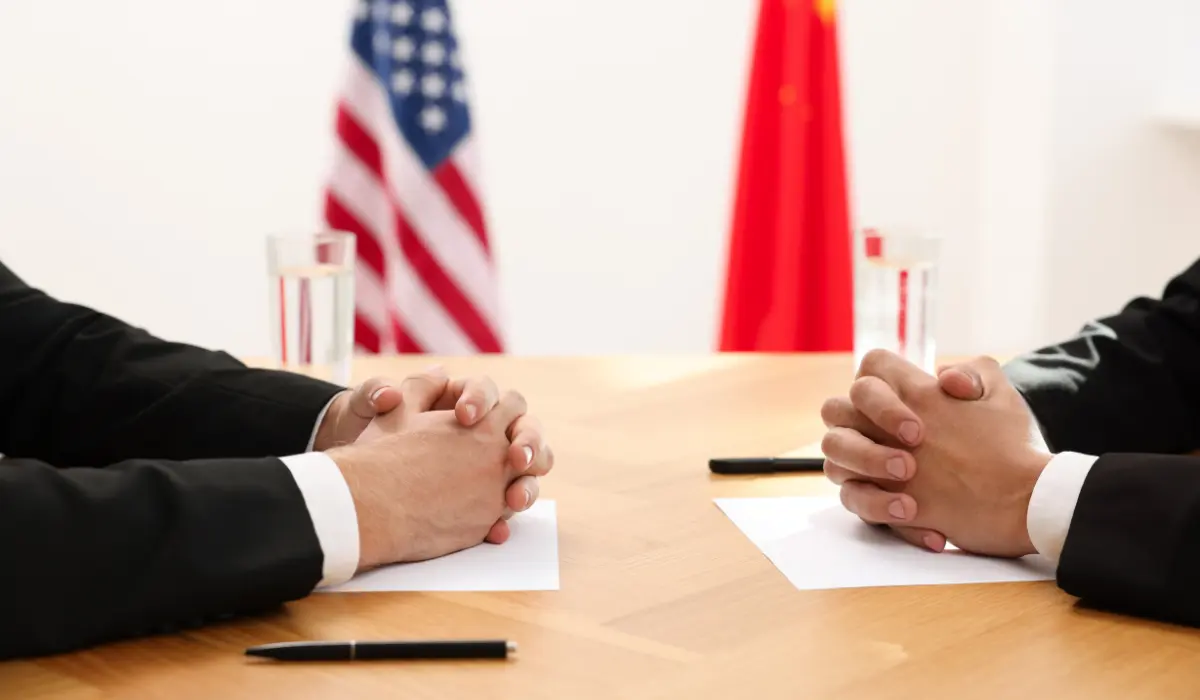
While many users interact with the embassy for consular matters, the institution plays a much broader role in international diplomacy and foreign policy, headed by the Ambassador of Vietnam. Understanding this role provides context for the embassy’s significance as the primary foreign representation of the Socialist Republic of Vietnam in a host country. This office is more than just a place to get a visa; it’s a key player in international relations.
The Ambassador is the highest-ranking diplomat and the personal representative of the Vietnamese Head of State to the government of the host country (e.g., liaising with the United States Department of State in the United States). They are appointed by the government in Hanoi and are responsible for overseeing the entire diplomatic mission. The Vietnam Embassy building serves as their official office and the center of diplomatic functions. Often, there is also a separate Ambassador’s residence, distinct from a private residence.
Key Responsibilities of the Ambassador and Embassy
- Representing Vietnam: Articulating Vietnam’s policies and positions to the host government and public. The Vietnamese flag and Socialist Republic of Vietnam seal are symbols of this representation.
- Promoting Bilateral Relations: Fostering positive relationships in political, economic, cultural, and scientific spheres. This might involve organizing events like a National Day Reception or facilitating activities through a cultural exchange center or trade promotion office.
- Negotiation: Engaging in discussions and negotiations on behalf of the Vietnamese government.
- Reporting: Observing and reporting on conditions and developments in the host country back to the Ministry of Foreign Affairs Vietnam.
- Protecting Interests: Safeguarding the interests of Vietnam and its citizens within the limits permitted by international law.
- Overseeing Embassy Operations: Managing the staff (composed of diplomats and local employees) and ensuring the smooth functioning of all sections, including the Consular Section. Communication might involve a diplomatic pouch for secure transfers.
Embassy staff and the Ambassador typically operate under principles of diplomatic immunity, as governed by international conventions. The embassy itself is considered sovereign territory in a symbolic sense, operating under Vietnamese authority while adhering to the laws of the host country (adheres to international law). This official, governmental status underpins its ability to conduct diplomatic functions effectively, displaying the official crest with authority.
Practical Guide: Booking Appointments, Fees, and Embassy Operating Hours
Successfully navigating embassy procedures often comes down to understanding the practical details: appointment booking, associated fees, and operating hours. While specifics vary between missions (Vietnam Embassy Washington DC might have different processes than Vietnam Embassy London UK), general principles apply. Always verify details on the specific embassy or consulate website before proceeding. This applies whether you need a visa or seek consular help.
Appointments
- Why Required? Most official services, especially consular ones like visa application or passport renewal, require appointments. This ensures organized processing, manages visitor flow, and enhances security. Do not expect to walk in without an appointment. The embassy provides official services following set protocols.
- Booking Process: Embassies typically use an online appointment booking system accessible via their official URL. Some may require booking via phone or email. Follow the instructions precisely. Book well in advance, especially during peak travel seasons.
- Preparation: Gather all necessary documents before your appointment to avoid delays or needing to reschedule. Confirm what you need to bring. Check visa requirements thoroughly.
Fees
- Vary by Service: Expect different fees for different services (e.g., visa cost, passport fees, notarization charges).
- Check Official Source: The embassy/consulate website is the only reliable source for current fee schedules. Third-party sites may have outdated information.
- Payment Methods: Confirm acceptable payment methods (cash, money order, credit card – acceptance varies). Fees are often non-refundable, even if an application is denied.
- Currency: Fees are usually payable in the local currency of the host country or sometimes USD.
Operating Hours
- Check Specific Hours: Attribute: Opening Hours differ for each embassy/consulate and often have specific hours for the Consular Section or visa processing which might be shorter than general office hours. These specific hours are important.
- Holidays: Embassies are closed on official Vietnamese public holidays and public holidays of the host country (located in host country). Check the holiday schedule on their website before planning a visit or call.
- Temporary Closures: Occasionally, unforeseen circumstances might lead to a temporary closure. Check the website for announcements.
Contacting the Embassy
- Use the official phone number and email contact information listed on the website. Be mindful of time zone differences when calling.
- For routine inquiries, email might be more efficient than calling.
Being prepared with the right documents, a confirmed appointment, knowledge of the fees, and awareness of the operating hours will make your interaction with the Vietnam Embassy much smoother. Remember that the embassy provides official services and follows protocols strictly; it operates during specific hours and requires appointments for many functions.
Understanding Vietnam’s Foreign Affairs Representation: Embassies vs. Vietnamese Consulates
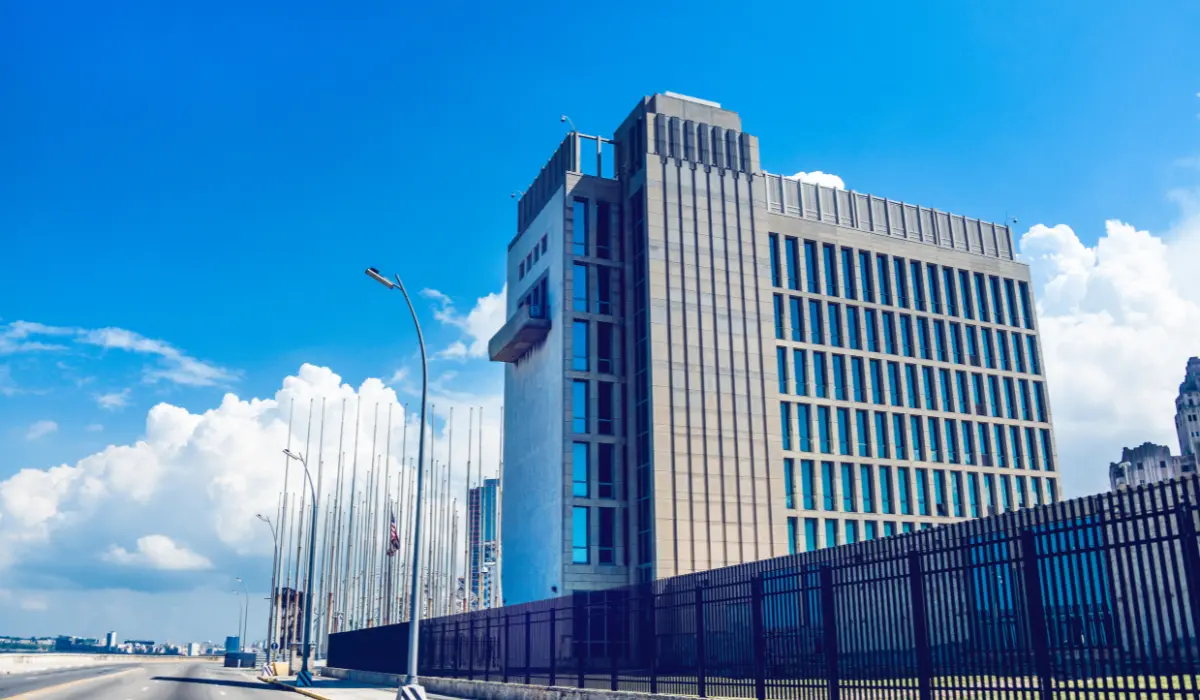
It’s common to hear “embassy” and “consulate” used interchangeably, but they have distinct roles within Vietnam’s foreign affairs structure, overseen by the Ministry of Foreign Affairs Vietnam. Knowing the difference helps you identify the correct location for your needs. These distinctions are important in international relations.
- Vietnam Embassy:
- Status: The primary Diplomatic Mission in a foreign country.
- Location: Always located in the capital city of the host country (e.g., Washington DC, London, Tokyo, Canberra for Australia).
- Head: Led by the Ambassador.
- Functions: Handles the full range of diplomatic relations between Vietnam and the host country, political discussions, treaty negotiations, and high-level representation. It also performs consular services. Acts as the main government building for foreign representation. Represents Socialist Republic of Vietnam abroad.
- Vietnamese Consulate / Consulate General:
- Status: A subordinate office to the embassy, focused on a specific geographic region (Consular District) within the host country. A Consulate General typically handles a larger or more important region than a standard Consulate. It’s a related entity to the embassy.
- Location: Located in major cities other than the capital (e.g., San Francisco, Sydney, Frankfurt).
- Head: Led by a Consul or Consul General.
- Functions: Primarily focused on consular services for individuals and businesses within their jurisdiction. This includes visa processing, passport services for Vietnamese citizens, notarization, trade promotion, and citizen support. They handle the day-to-day interactions related to consular assistance and visa applications. Issues Vietnamese visas. Assists Vietnamese citizens overseas.
When to Contact Which Office
- If you need a visa or consular service: Check which office (Embassy or Consulate/Consulate General) has jurisdiction over the area where you reside. Usually, you must apply to the office covering your Consular District.
- For matters of high-level diplomacy or foreign policy: These are typically handled by the Embassy in the capital city.
- In an emergency (for Vietnamese citizens): Contact the nearest official representation, whether it’s the Embassy or a Consulate.
Both types of offices represent government and are staffed by diplomats and local employees, providing official services. Understanding their distinct roles, including cultural representation and diplomatic functions, and jurisdictions ensures you direct your inquiries and applications to the correct location efficiently.
Related Reading & Resources
The Vietnam Embassy and its network of Vietnamese Consulates serve as vital links between Vietnam and the world. They handle essential tasks ranging from high-level diplomacy and fostering international relations to providing practical consular services like visa processing and citizen support. Whether you need to apply for visa, seek consular help, or simply get contact info for a specific address, knowing which office to approach and understanding their procedures is key.
Always remember to consult the official website of the specific embassy or consulate for the most accurate and up-to-date information regarding visa requirements, fees, operating hours, and appointment booking. EssentialVietnamTravel.com hopes this guide provides a valuable starting point for navigating your interactions with Vietnam’s official representations abroad, staffed by personnel ready to assist.



